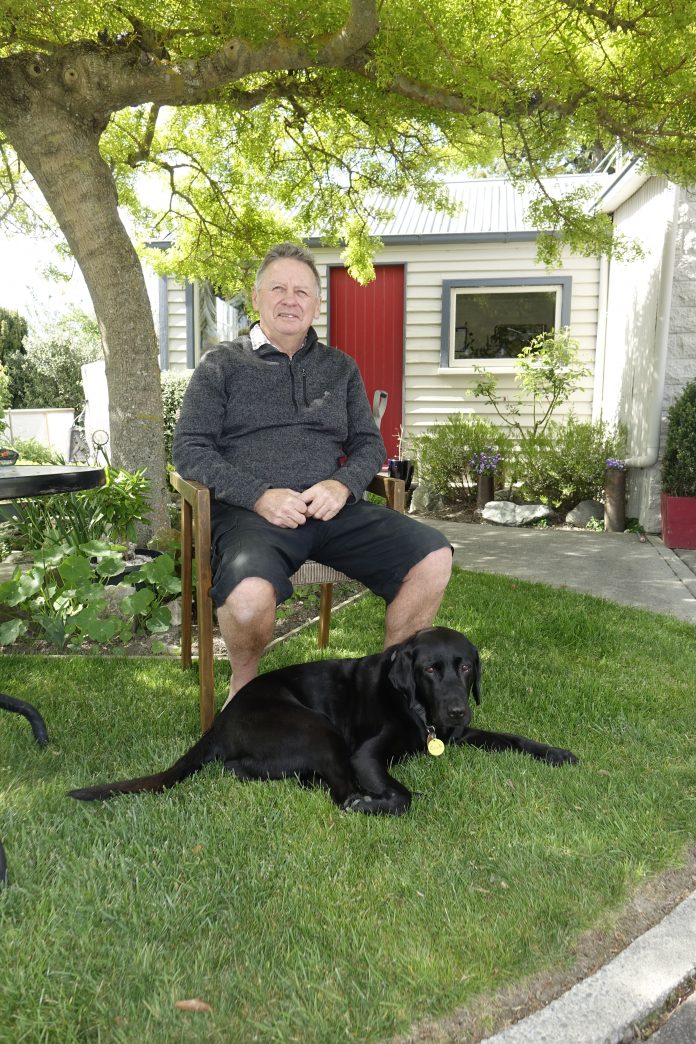David Wilson of Ashburton wants to raise awareness of deafblindness during Blind Low Vision Week this week.
The 65-year-old has Usher Syndrome Type 2. Those with this type of Usher Syndrome are born with hearing loss, then begin develop vision loss which worsens with age.
Wilson was born with just 20 per cent hearing. He was diagnosed with Ushers after he began to have trouble seeing at night when he was 16.
While the condition is hereditary, his family has not been able to trace it back to any ancestors. He said in his school years, which included attending Ashburton College, he had coped with poor hearing by ‘‘guessing a lot’’.
‘‘Just working through it,’’ he said.
His deteriorating vision meant he had to stop driving age 30. He was able to continue his job at Fortex freezing works at the time, as he got lifts to and from work with colleagues.
Coping with his hearing and vision loss caused increasing fatigue, so he left work in his late 30s, starting to instead help wife Phillipa with her home-based vocational practitioner business. Over the last two years he has lost the ability to read and recognise people’s faces.
Wilson is today helped in his foot travels around Ashburton by his 10-year-old guide dog named Cayla.
He has been heavily involved in advocating for deafblind. He was vice president of New Zealand Deafblind, then when that folded he founded Deafblind Association NZ eight years ago.
The dad of two sons and granddad to three granddaughters said the message he wanted to get across during Blind Low Vision Week was for anyone with worsening sight or hearing to reach out.
In the case of those coping with vision and hearing loss, the Deafblind Association NZ was there to help access services and resources.
‘‘People need to take that step and utilise what’s there, don’t expect them to come to you because they don’t know who needs help,’’ Wilson said.
The association could be contacted through its website, http://deafblindassociation.nz.
Blind Low Vision NZ spokesperson Dan Shepherd said for the six people who develop vision loss each day in New Zealand, it can feel daunting and lonely.
There were more than 180,000 Kiwis living with vision loss.
‘‘We need to normalise low vision and ensure there is equitable accessibility,’’ Shepherd said.




